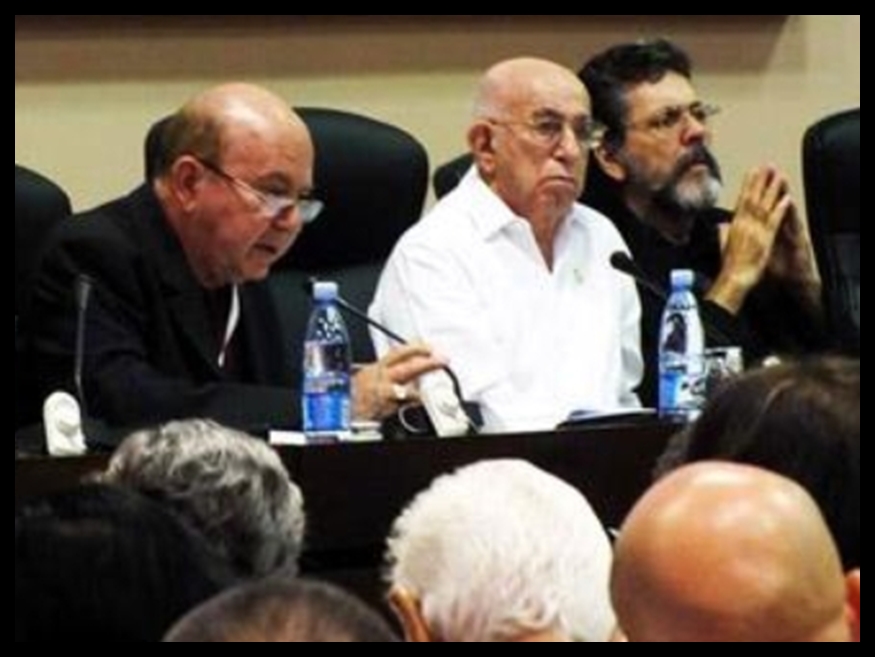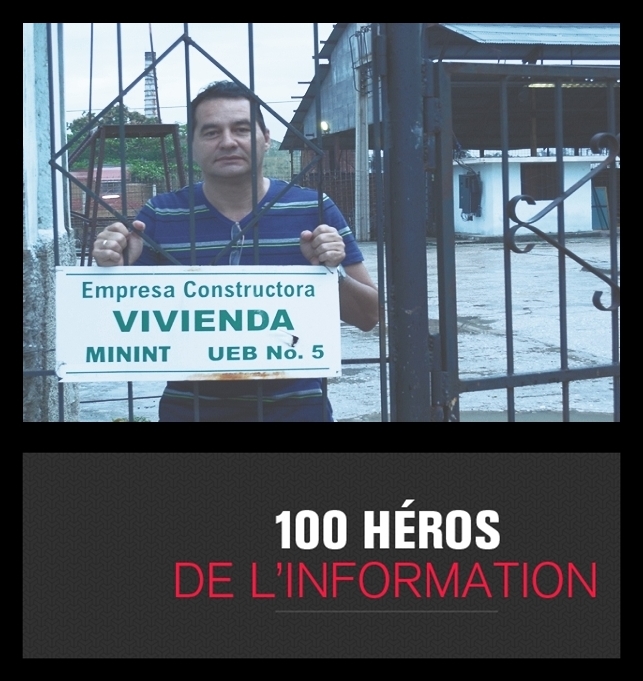A great truth was revealed at the VIII Conference of the National Union of Writers and Artists of Cuba (UNEAC, by its Spanish initials).
We have to admit when our detractors speak the truth. There’s no other option than –for the sake of honesty– to accept how right they’ve been. Therefore, I have to admit that, yes, “The UNEAC is the Moncada of culture”*. It’s impossible to state it any clearer, for we know well the political, human, logistic, and leadership failures that the assault on the Moncada Barracks in 1953 symbolized, when the immature and terribly suspicious Fidel Castro stationed a select group to practice their aim in Santiago de Cuba. With neither suitable arms nor adequate preparations to confront the army, he sent them to a certain death.
How can intellectuals pretend not to recognize Fidel Castro’s cowardice, who — in spite of having gone to school in that city and having planned the attack — couldn’t find the entrance to the barracks, when those who had never been there were able to get behind its walls?
It is infuriating to watch that documentary where Fidel Castro, leaning on a car of that era, explains how he was unable to find the entrance, yet the cars traveling ahead and behind him managed to penetrate the garrison, whose entrance is of such a size that a blind man could find it! But we already know that there’s nothing worse than one who doesn’t want to see what’s in front of him.
That wasn’t his only mistake. We know that, throughout the entire struggle of the Rebel Army, he never participated in a single battle; and he advised Raul Castro to do likewise: while leading his comrades in the midst of combat, the latter would abandon the fight only to appear days later when the town square had been taken. Fidel Castro not only couldn’t find the entrance, he was unable to follow the sounds of gunfire on that fateful morning, nor could he redirect himself towards other posts during the shootout. On the contrary, he remained huddled, waiting for the end, and when he learned his soldiers were dead or captured, he sought shelter in a hole in order to finally turn himself in to the Catholic Church (which he never thanked for saving him), and reemerge as the hero.
Certainly, seen as a failure (the only way to comprehend this event), without a doubt, as the president of the UNEAC, Miguel Barnet, put it: “The UNEAC is the Moncada of culture”. He’s never been more right.
Angel Santiesteban-Prats
Lawton Prison Compound. April, 2014
* Santiesteban is referring to the speech by Miguel Barnet at the opening of the VIII UNEAC Conference.
Translated by: Yoyi el Monaguillo
Sign the petition so that Amnesty International will declare the Cuban dissident Ángel Santiesteban a prisoner of conscience.



